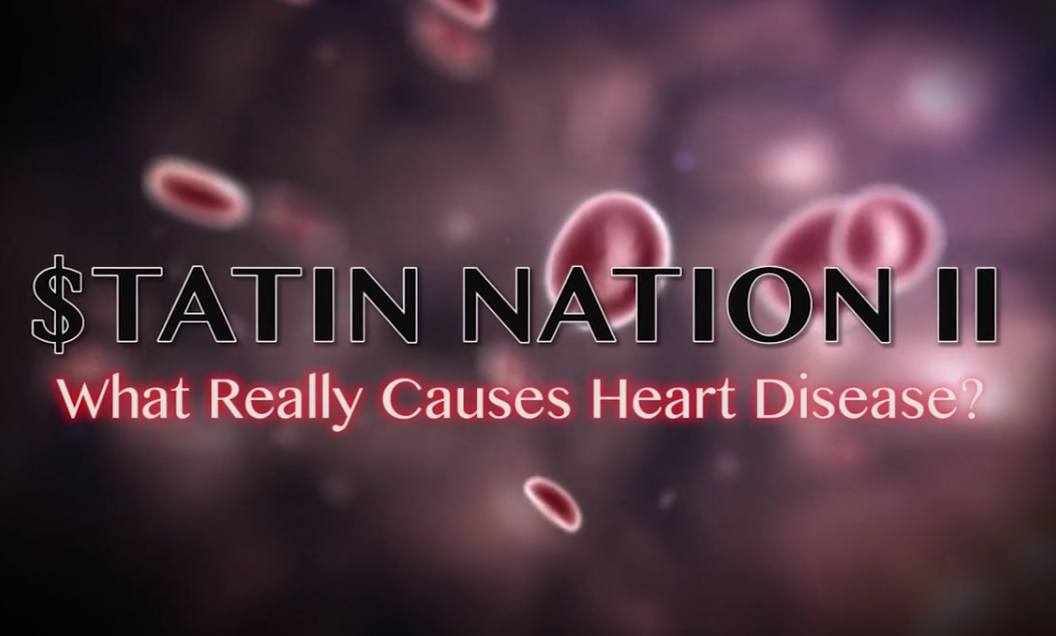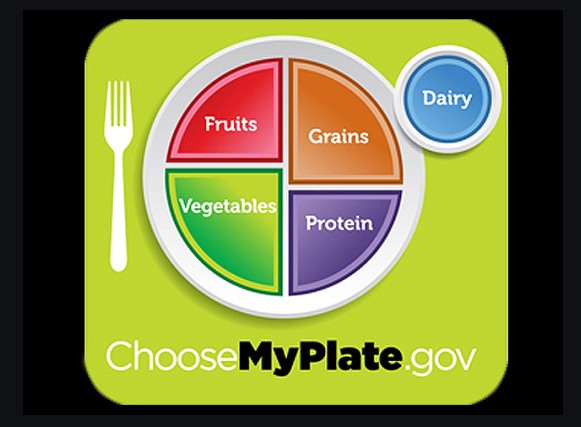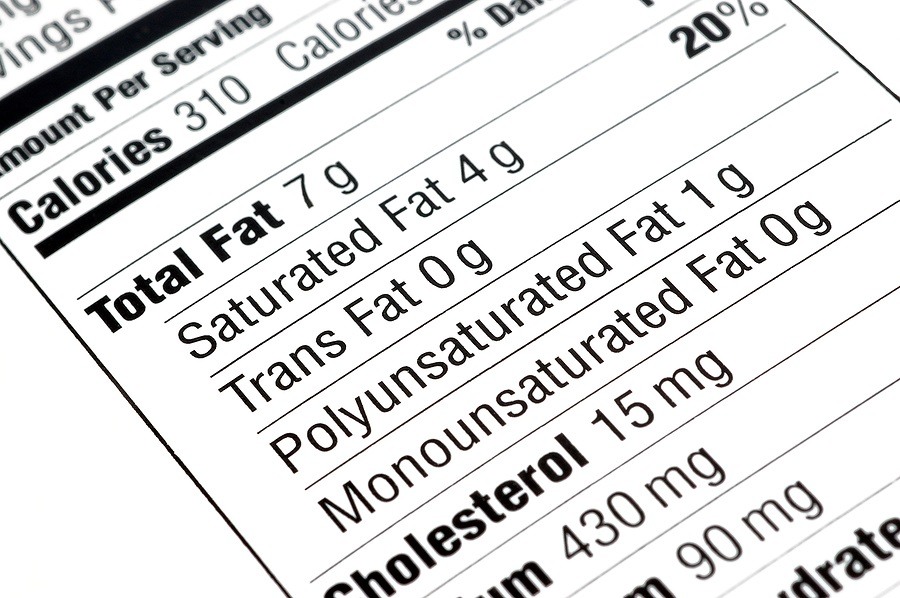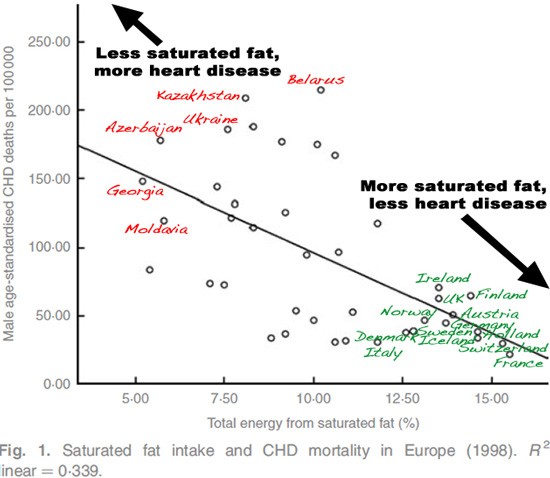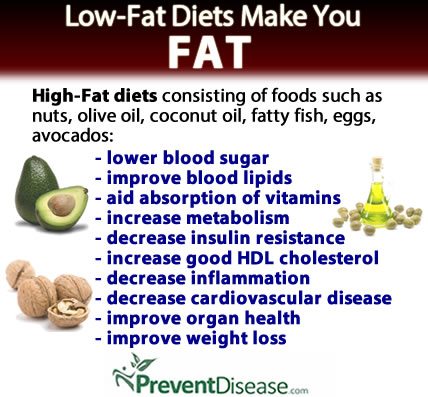Medical Scam: How Many Lives Have Cholesterol-lowering Drugs and Vegetable Oils Ruined?
In 2013 we reported on the research fraud regarding a scientific study that was used to support the theory that high levels of cholesterol and saturated fats were linked to an increase in heart disease. This study, the Sydney Diet Heart Study, was supposed to support the claim that dietary saturated fats led to high levels of heart disease, and that one needed to switch to polyunsaturated oils and also take cholesterol-lowering drugs to avoid these so-called dangerous levels of cholesterol. But researchers uncovered data that was not previously published which contradicted the conclusions of the study. The problem is that the science has never supported this theory, the lipid theory of heart disease. But it did create a multi-billion dollar industry for cholesterol-lowering drugs and polyunsaturated oils, the new expeller-pressed vegetable oils mainly from corn and soybeans, that only entered the food chain after World War II and the age of industrialization. The British Medical Journal published a report in 2016 showing more research fraud on another landmark study from the past that supposedly showed this link between dietary fats, cholesterol, and heart disease. This time, they examined the data from the Minnesota Coronary Experiment, carried out between 1968 and 1973. This study shows that upon re-examination of the data, including data that was previously unpublished, that not only does the data not support the lipid theory of heart disease, but it shows that taking interventions to lower one's cholesterol actually increased mortality rates.







